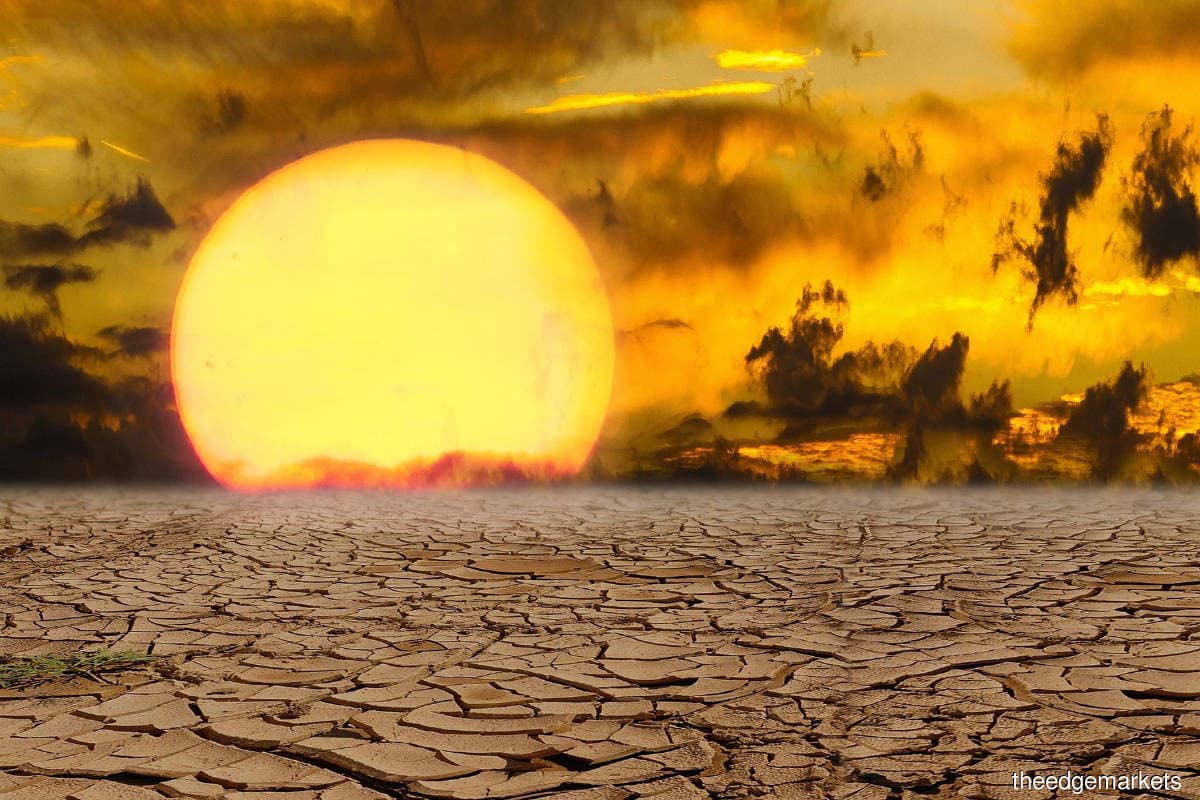
This article first appeared in The Edge Malaysia Weekly on November 30, 2020 - December 6, 2020
THE sustainability agenda around the world seems to have accelerated this year despite the Covid-19 crisis, says UK-based fund manager Schroders.
“If you look back to the global financial crisis of 2008/09, for example, things like social interest in sustainability or climate change, or media coverage of those topics, roughly halved over the first nine months or so of the crisis. This time around, those things have been very, very stable since the start of the year,” Andy Howard, global head of sustainable investments, said at the Schroders Digital International Media Conference 2020 in London last week.
“There has been a continued focus on sustainability that logically, you might have thought would have received a little less focus [because of the challenges brought about by Covid-19].”
In the last few months alone, three major Asian economies — China, Japan and South Korea — have made commitments to reach net-zero emissions. In October, Japan and South Korea pledged to reach net zero by 2050 and in late September, China committed to achieving net zero by 2060.
Net zero means reaching a balance between the greenhouse gases put into the atmosphere and those taken out.
On the home front, Malaysia’s state-owned oil and gas producer Petroliam Nasional Bhd (Petronas) announced earlier this month that it aims to become a net-zero emitter of greenhouse gases by 2050. It plans to do so by increasing its investments in renewable energy.
The continued focus on sustainability is also coming through in policy action. “If you look at the EU, for example, around a third of the budget that it has earmarked for investment is directly tied to green goals, to net zero goals. So, we’re seeing in many ways, many governments around the world really looking to use the recovery from the crisis as a way of stimulating and kick-starting the changes that we’ve been talking about for a long time but frankly, have struggled to see come through at the scale and volume needed,” Howard remarked.
Over in the UK, for instance, Prime Minister Boris Johnson said two weeks ago that new cars and vans powered wholly by petrol and diesel would not be sold in the country from 2030.
According to Howard, the world is now “well past the initial tipping point” in the sustainability agenda. “If you add it all up globally, countries and states equivalent to roughly half the world’s GDP and about 40% of the world’s carbon emissions have now made a commitment to net zero over the next several decades. So, this is well past the sort of initial tipping point,” he noted.
Howard believes that 2020 will be seen as a watershed year for the sustainability agenda. “It may well turn out, I think, that when we look back... despite the crisis and all the huge problems that we faced this year, it may be something of a watershed in terms of the focus on sustainability at an economic level, at a political level, a social level and, really, at an investment level,” he said.
“2021, I think, will be the year in which we see those high-level commitments really start transitioning into policy action within individual countries. And then, that will be the catalyst that really focuses investors’ minds on the changes that lie ahead.”
The scale of the changes that still need to come should not be underestimated. “We’re talking about effectively reversing the implications of industrialisation that have played out over centuries. We’re talking about essentially reconfiguring the carbon intensity of the world economy in around 20, 30, 40 years’ time towards a net zero world,” Howard pointed out.
“That is inevitably going to be disruptive to every economy, every sector, every investment and every portfolio. And understanding today what that transition will look like and how it will play out is more critical than ever for investors.”
Meanwhile, the latest reading from Schroders’ Climate Progress Dashboard suggests that the current pace of change will result in temperatures rising by 3.8°C above pre-industrial levels. (Schroders developed the dashboard in mid-2017 to track the progress implied by a range of factors, from carbon prices to renewable and carbon capture and storage capacity.)
“The 3.8°C rise above pre-industrial levels suggested by our latest Climate Progress Dashboard update is down from the 3.9°C rise recorded in the middle of the year, but still a long way from the ‘below 2°C’ limit enshrined in the Paris climate accord,” Howard noted.
Nevertheless, he said there are signs of toughening action ahead, and this includes the upcoming presidency of Joe Biden in the US. Biden’s administration, expected to take effect on Jan 20, 2021, is likely to “turn US climate policy on its head”.
“Biden’s pledge to rejoin [the Paris Agreement] and commit the US to a net-zero emissions reduction target by 2050 is expected to mean a significant investment in green industries and technologies. He has laid out a US$2 trillion (RM8.15 trillion) clean energy and infrastructure plan. It will require tighter regulations of higher-emitting industries, including oil and gas, utilities and automotive,” said Howard.
Under President Donald Trump, the US left the Paris Agreement on Nov 5.
Another sign of toughening action ahead is a rapid increase in company emission-reduction targets globally. “Over the last few years, the number of companies that have logged their pledges through the Science Based Targets initiative (SBTi) has ballooned. More than 1,000 businesses are working with SBTi to set science-based targets and report progress on an annual business. Last year, that figure was less than 400,” Howard pointed out.
The SBTi is a partnership between climate research provider CDP, the United Nations Global Compact, World Resources Institute and the World Wide Fund for Nature.
Save by subscribing to us for your print and/or digital copy.
P/S: The Edge is also available on Apple's AppStore and Androids' Google Play.

